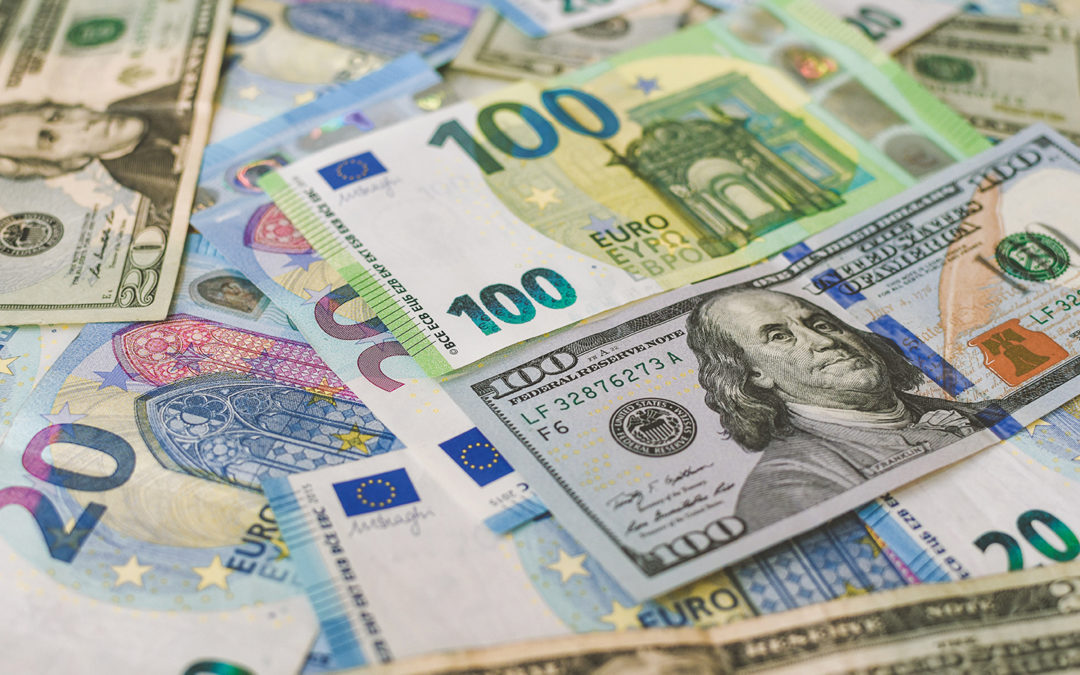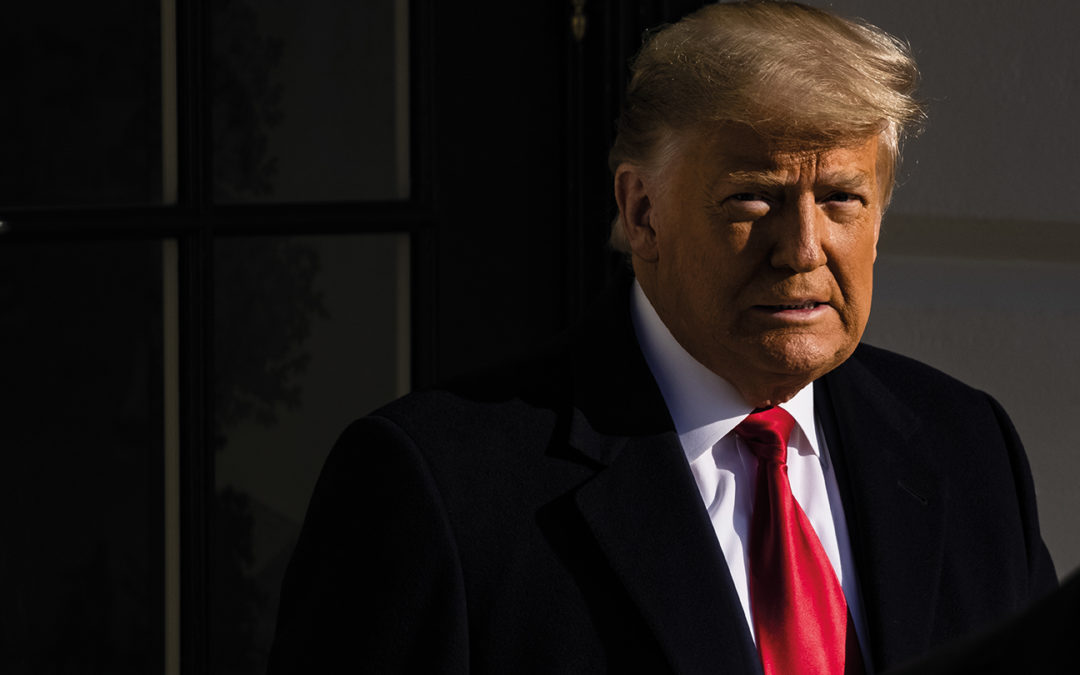He never gets tired. Every day he calls out new prices. Sometimes he is depressed. Then he dumps stocks. And sometimes he only gives them away at manic fantasy prices. These mood swings always offer opportunities: you just have to wait until Mr. Market has another low and then strike. That is the principle of value investing.
Mr. Market has massive mood swings
In theory, value investing seems simple. You have done your homework and identified some quality companies, for example, using the king analysis I developed. You know which companies you want to invest in. And if they are cheap to buy, you buy. In practice, however, it is difficult. Warren Buffett, the most famous value investor of all time, put it as follows: “Value investing is simple but not easy.”
For one thing, Mr. Market’s mood swings are massive. And it is very difficult not to get carried away by them. For another, you need to know what the share you want to buy is really worth. And that can be very different from the current share price. For the share price is only the situational price set by the capricious Mr. Market. This price may or may not say anything about the actual value of a share. Mr. Market tends to exaggerate with the valuation and to understate just as much.
After the bursting of the technology bubble in 2000, stock markets around the world plummeted. The DAX, for example, lost 75 per cent in the course of two years. In other words, it had to rise by 300 percent to reach its old highs again. This was achieved six years later in 2008, shortly before the financial crisis. During the financial crisis, the German benchmark index then plummeted by around 50 percent, but reached the old highs again just four years later, in 2013. Nevertheless, in the end, it took a total of thirteen years from the high at the time of the technology bubble to permanently reach a new high.
Markets are driven by emotions
Modern economics, as founded by Adam Smith, also called “classical” or “neoliberal economics”, is based on the image of rational man. This person is a cool, rational calculator and always concerned with maximising his economic benefit. In principle, neoliberalism is suitable when it comes to explaining the efficiency of economic processes. According to this theory, irrational market fluctuations should not exist. Mr. Market would therefore be a cool calculator who is not impressed by mood swings.
Applied to the stock market, this view is called the “market efficiency hypothesis”. Most economists would agree with the statement that stock exchanges are efficient, i.e. all information or available information is reflected in the price of securities. One of the reasons they would give for this is that stock exchanges are almost perfect markets. Information spreads in the blink of an eye. Securities can be traded in fractions of a second. Everything is increasingly automatic. So if a market is efficient, it is surely the stock exchange! All economic entities involved make their rational decisions. These then lead to a transparent and appropriate result overall.
And yet the stock market fluctuates massively. It is manic-depressive. There are times when, especially on the stock exchange, many people suddenly fall prey to systematic madness or at least irrationality. Such developments are called “bubbles” (for the manic phase) or “crashes” (for the depressive phase). As with us humans, they often follow one another. This was the case, for example, in Holland during the tulip mania from 1634 to 1637, in the world economic crisis from 1929 to 1938 or during the technology boom from 1995 to 2000.
Long-term investment strategy instead of flashy market fads
Irrational behaviour by the majority can be rational for the individual after all. Quite a few businessmen made a lot of money in the times of the New Economy because they placed companies on the stock market with astronomical valuations that could not actually function. As with a chain letter or structural sales, in a stock market bubble only the last are bitten by the dogs. Everyone hopes, of course, that they are not among them.
When investing in shares, it is the time of entry that counts. If you catch Mr. Market in a manic phase, you have to sit out losses for a long time. If you get in during a depressive phase, you can expect high profits in the long run. This is only possible with quality stocks. These are companies that remain in business despite the crisis and even grow. The acute mood is therefore only of limited significance when it comes to entering the market. The inner value of a company must be right in order to invest successfully in the long term.
About the author
Prof. Dr. Max Otte studied business administration, economics and political science in Cologne and Washington, D.C., and earned his doctorate at Princeton. In 2016, he founded PI Privatinvestor Kapitalanlage GmbH, based in Cologne. The company manages three mutual funds and also several closed-end private mandates from institutional investors. Companies in which Max Otte is involved manage a total of 2.5 billion euros in client assets. His latest book “Endlich mit Aktien Geld verdienen!” will be published by FinanzBuch Verlag in autumn 2022. He is also the editor of the capital investment letter “Der Privatinvestor”.





























